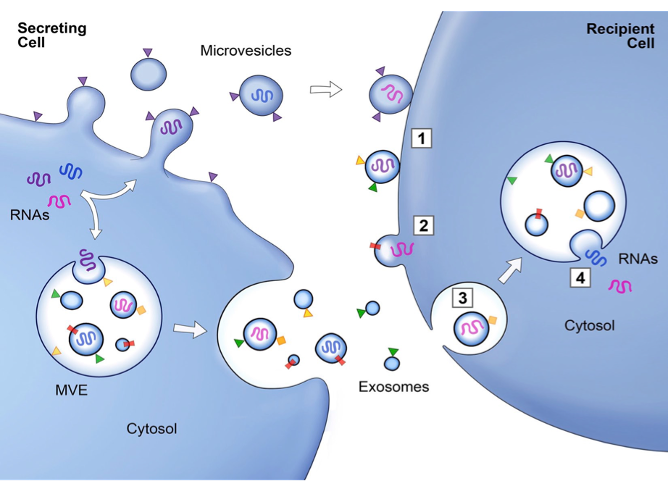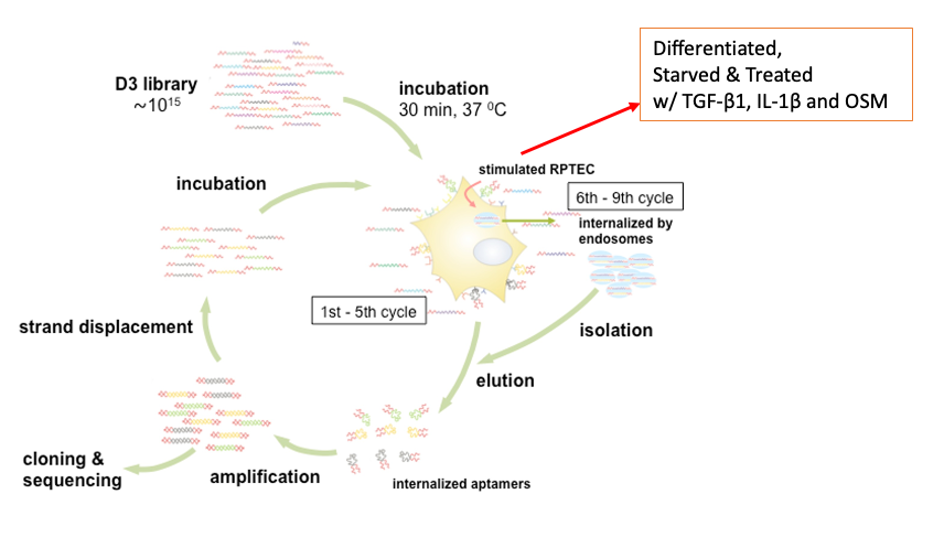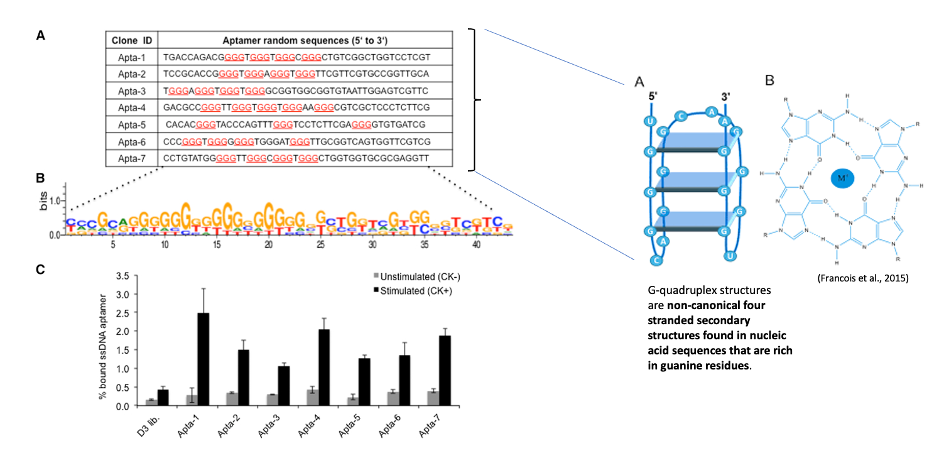Chronic kidney disease
Chronic kidney disease (CKD) is a progressive pathological condition marked by a gradual loss of kidney function. Exosomes, which are secreted from various cell types such as kideney cells, have emerged as a valuable repository of novel biomarkers for human diseases such as CKD. In a cell culture model for CKD we observed a significant increase in exosome release and identified exosomal miRNAs, predominantly associated with the regulation of pro-inflammatory and pro-fibrotic-related pathways. In addition to miRNAs, we also identified exosomal derived mitochondrial RNAs, highlighting a pivotal role of mitochondria in sensing renal inflammation. The involvement of these ncRNA species in the etiology of CKD is currently under investigation.

Treatment of CKD is most effective when diagnosed at an early stage and patients are still asymptomatic. However, current diagnostic biomarkers (e.g., serum creatinine and urine albumin) are insufficient for prediction of the pathogenesis of the disease. To address this need, we applied a cell-SELEX (systematic evolution of ligands by exponential enrichment) approach and identified a series of DNA aptamers, which exhibit high affinity and selectivity for cytokine-stimulated cells, resembling some aspects of a CKD phenotype. Thus, we want to apply selected DNA aptamers as theragnostic reagents for the development of targeted therapies to combat CKD.





